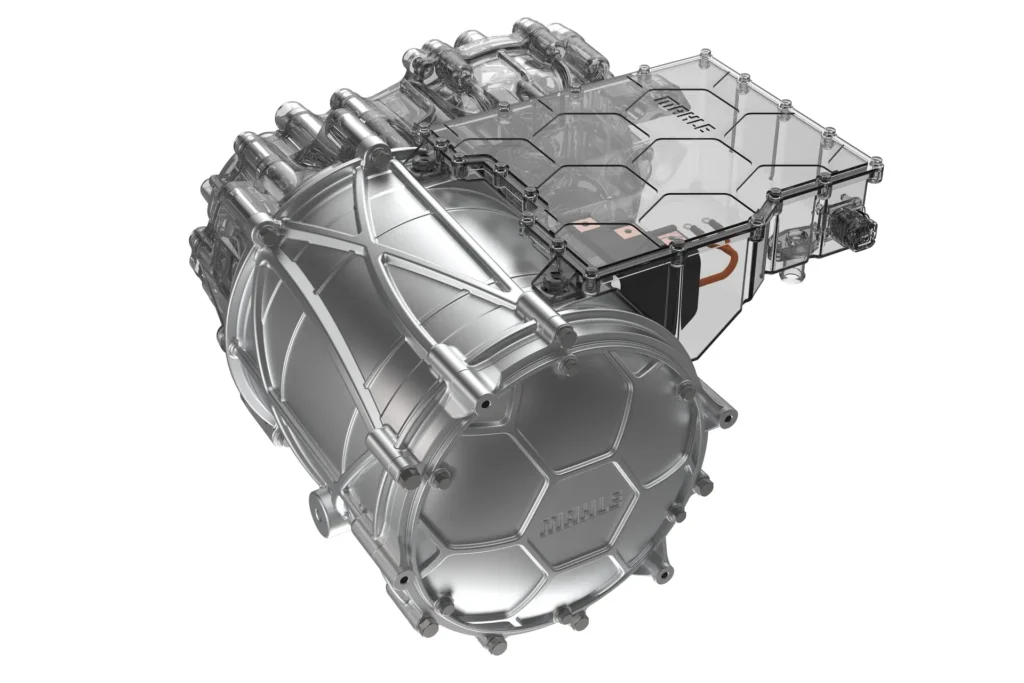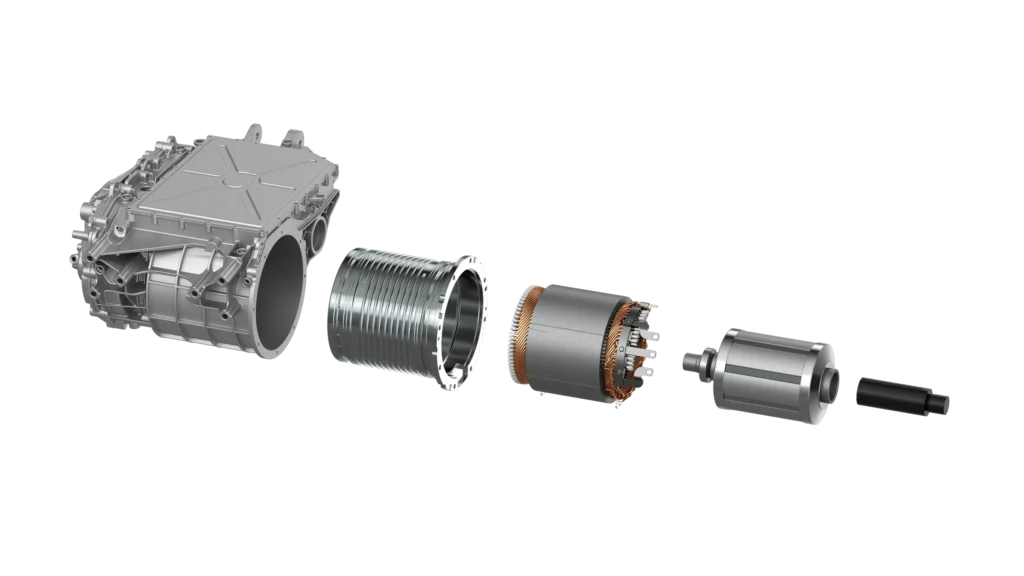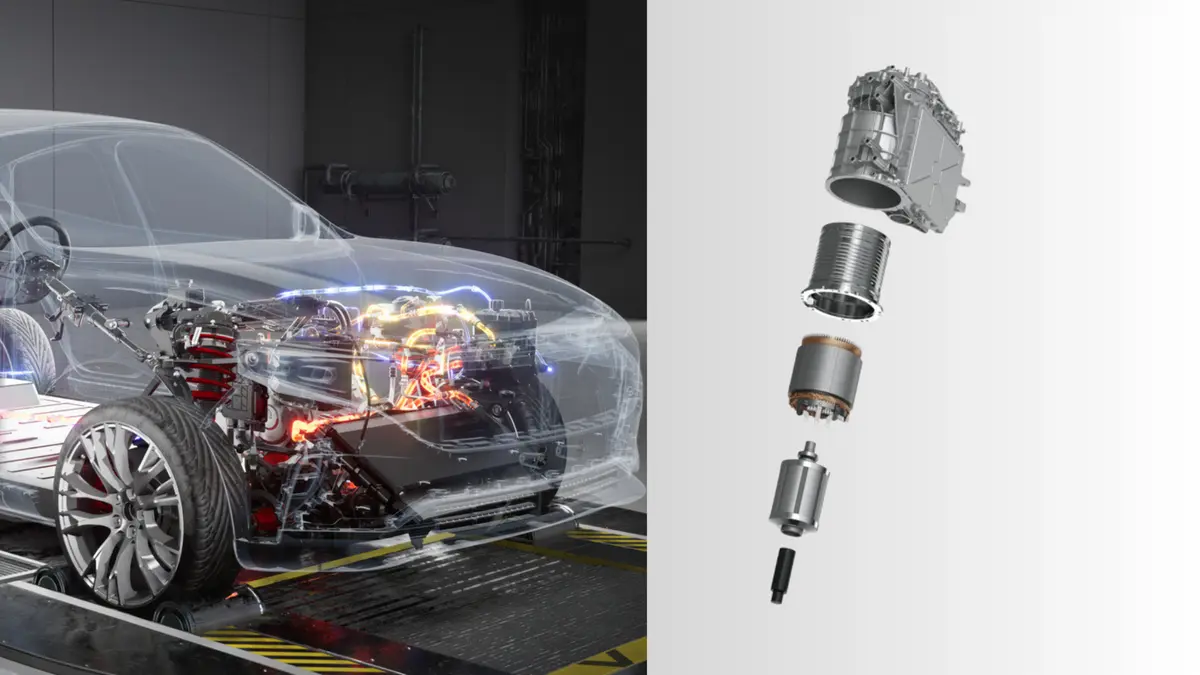Key Highlights
Electric vehicles (EVs) are rapidly transforming the automotive industry, but the rising demand for rare earth materials used in electric motors has posed significant challenges. Enter Mahle and Valeo—two automotive technology innovators—who have introduced a solution that could revolutionize the EV market: magnet-free motors. These advanced motors are not only designed to eliminate the need for expensive and environmentally taxing rare earth materials but could also halve EV costs and make electric vehicles more accessible to a broader audience.
The Problem with Rare Earth Magnets in EV Motors
Traditional EV motors rely heavily on powerful rare earth magnets made from materials like neodymium, dysprosium, and terbium. While these magnets offer high efficiency and performance, their production process is problematic. The mining and refinement of rare earth materials are often associated with significant environmental harm, including habitat destruction, water contamination, and excessive carbon emissions.
Furthermore, geopolitical concerns have arisen as the majority of rare earth supplies are concentrated in a few countries, particularly China. This concentration of supply chains has created a vulnerability, with rising costs and supply shortages threatening the mass adoption of EVs. As the demand for electric vehicles continues to surge globally, the need for an alternative to rare earth-dependent motors has become more pressing than ever.
Mahle and Valeo’s Solution: Magnet-Free Motors
Mahle, a German automotive parts manufacturer, and Valeo, a French global automotive supplier, have developed a groundbreaking innovation: magnet-free motors. These motors aim to eliminate the use of rare earth materials entirely by adopting a new design that relies on induction technology.

Induction motors have been around for over a century, but the innovation from Mahle and Valeo brings a fresh approach by enhancing their efficiency and performance for modern EV applications. By removing the need for permanent magnets, these motors could dramatically reduce both production costs and environmental impact. This breakthrough is particularly important as the world transitions to cleaner energy solutions, with electric mobility playing a central role.
Reducing Costs and Halving EV Prices
One of the most exciting prospects of this innovation is its potential to halve the cost of electric vehicles. The rare earth magnets used in traditional motors are among the most expensive components of EVs, and with the elimination of these magnets, manufacturers can significantly lower production costs.
If Mahle and Valeo’s magnet-free motors become the standard in EV production, the reduced costs could be passed on to consumers, making electric vehicles more affordable and accelerating the global shift away from internal combustion engines. The possibility of halving EV prices is a game-changer, especially for emerging markets where affordability remains a major barrier to adoption.
Environmental Impact: A Step Toward Sustainability
Beyond the financial benefits, the shift to magnet-free motors has substantial environmental implications. The extraction and processing of rare earth elements have long been criticized for their environmental toll, particularly in terms of carbon emissions and pollution. By removing the reliance on these materials, Mahle and Valeo are contributing to a more sustainable and eco-friendly automotive industry.

Moreover, the production of magnet-free motors involves fewer environmentally hazardous steps, further reducing the overall carbon footprint of electric vehicle manufacturing. This innovation aligns with global sustainability goals, particularly as industries across the board are under pressure to adopt greener, more environmentally responsible practices.
Enhanced Performance and Scalability
In addition to the cost and environmental benefits, magnet-free motors also offer improved scalability. According to Mahle and Valeo, these motors are not only cheaper to produce but are also easier to manufacture at scale, meaning that they can be integrated into EV production lines with minimal disruption. This scalability is crucial for meeting the rapidly growing demand for electric vehicles worldwide.
Performance-wise, these motors promise to deliver the same, if not better, efficiency compared to traditional rare earth magnet motors. Early prototypes of Mahle’s magnet-free motors have shown promising results, with performance metrics that rival current EV motors. This ensures that consumers won’t have to sacrifice performance in exchange for a more affordable and sustainable product.
Global Implications: Reducing Dependency on Rare Earth Materials
The global implications of adopting magnet-free motors extend beyond the automotive industry. By reducing the demand for rare earth materials, countries can decrease their dependency on a small number of suppliers, thus mitigating supply chain risks and geopolitical tensions. The shift toward magnet-free technology could create a more stable and diversified global market for electric vehicles and clean energy solutions.
Future Outlook: The Road Ahead for Magnet-Free Motors
Mahle and Valeo’s magnet-free motors represent a significant step forward in the evolution of electric vehicles. As the world moves toward a future dominated by clean energy and sustainable transportation, innovations like these are crucial for overcoming the current barriers to widespread EV adoption.
While the technology is still in its early stages, the potential for halving EV costs and reducing environmental impact is already making waves in the industry. With continued investment and development, it’s likely that magnet-free motors will play a major role in shaping the future of electric mobility.
In conclusion, Mahle and Valeo’s magnet-free motors offer a promising solution to some of the most pressing challenges in the EV industry today. By eliminating the need for rare earth materials, these motors could not only halve the cost of electric vehicles but also pave the way for a more sustainable and resilient future.
For Latest News Updates Click Here
